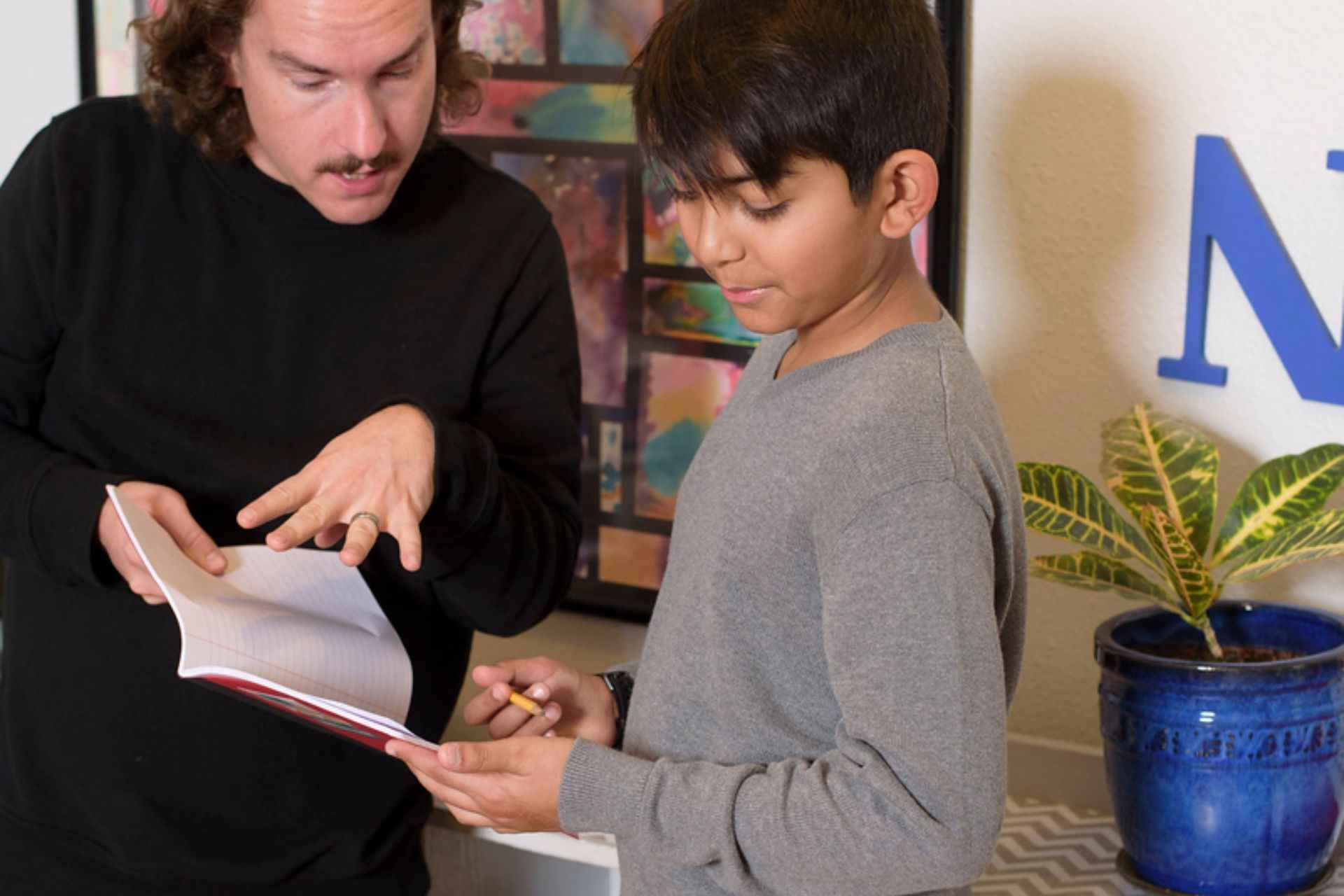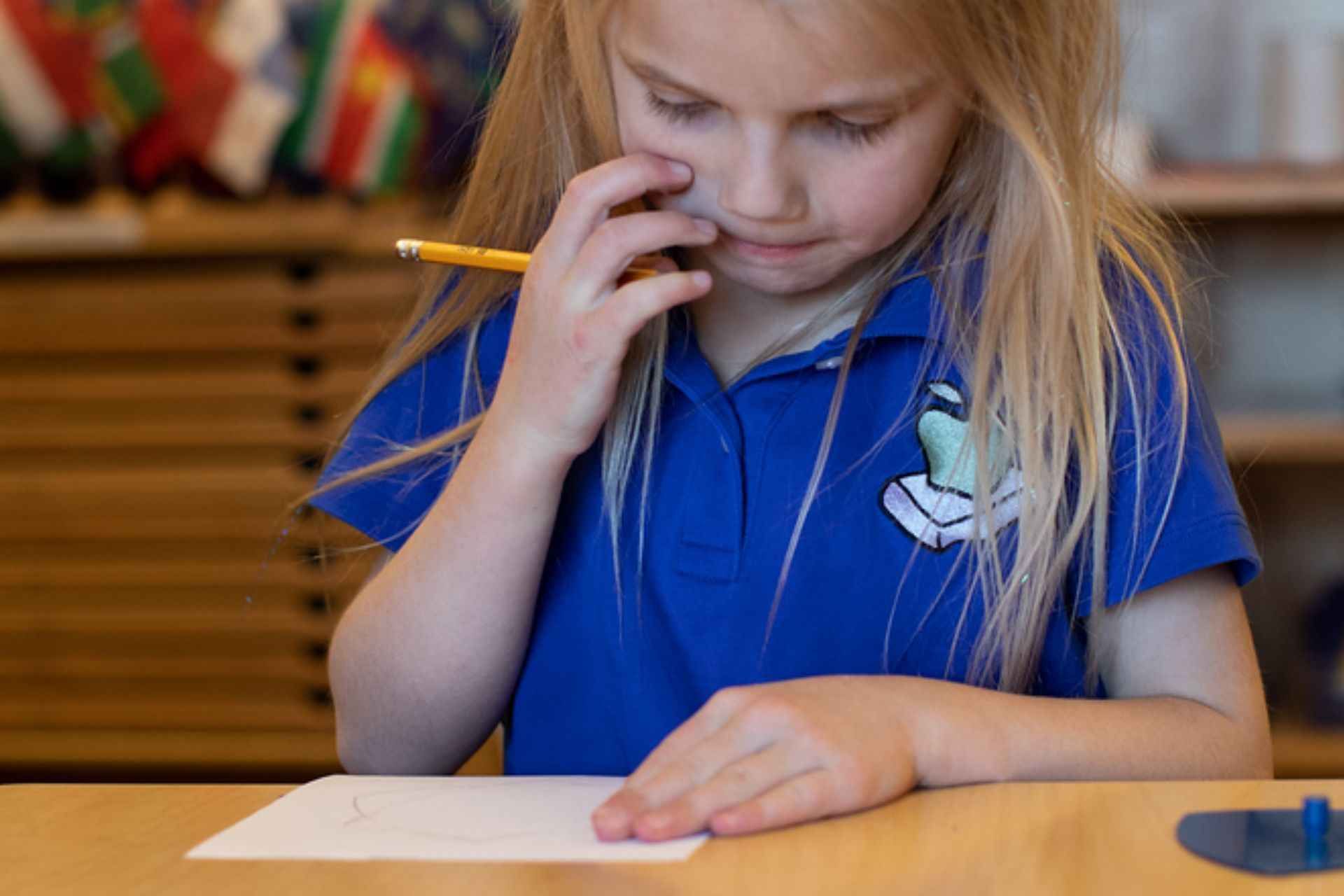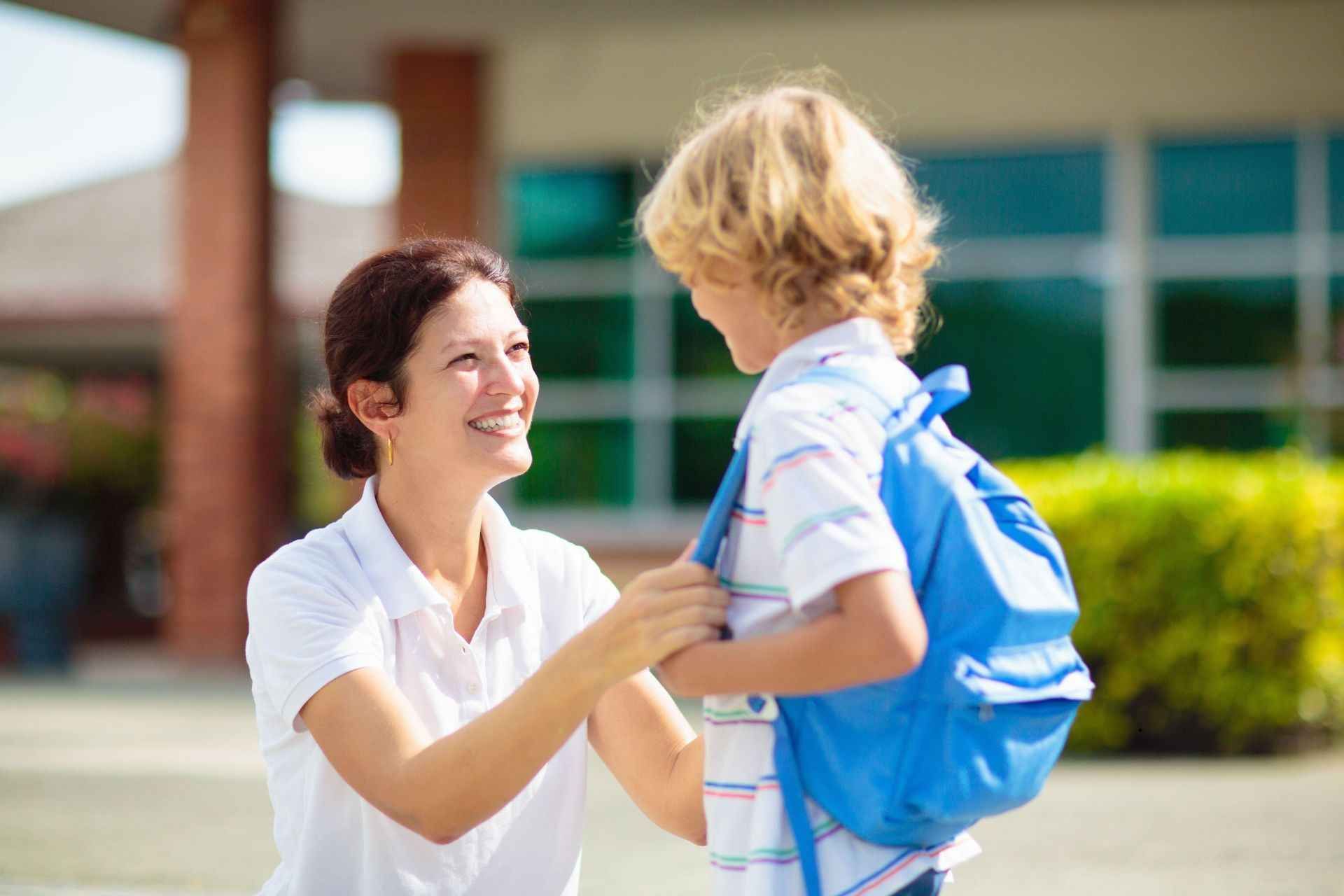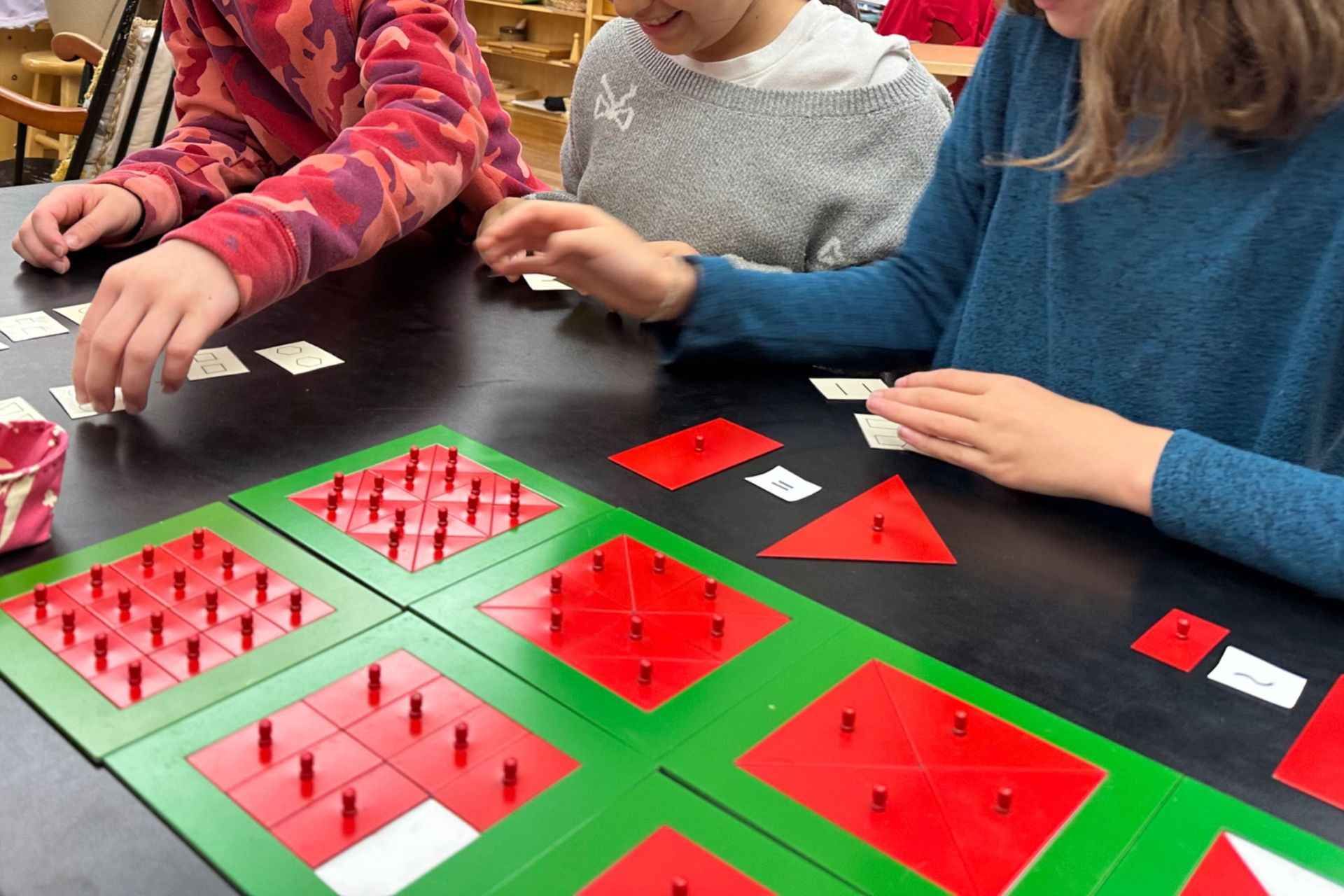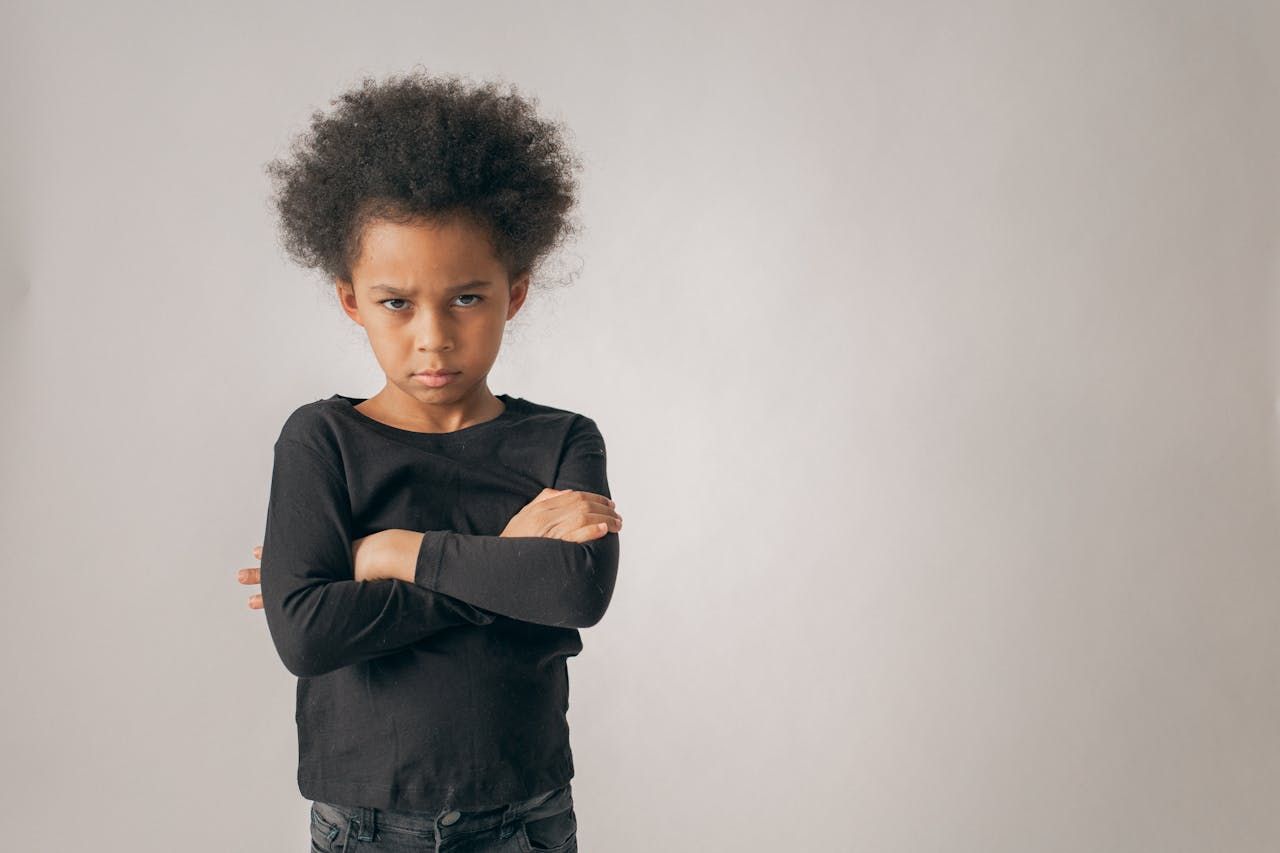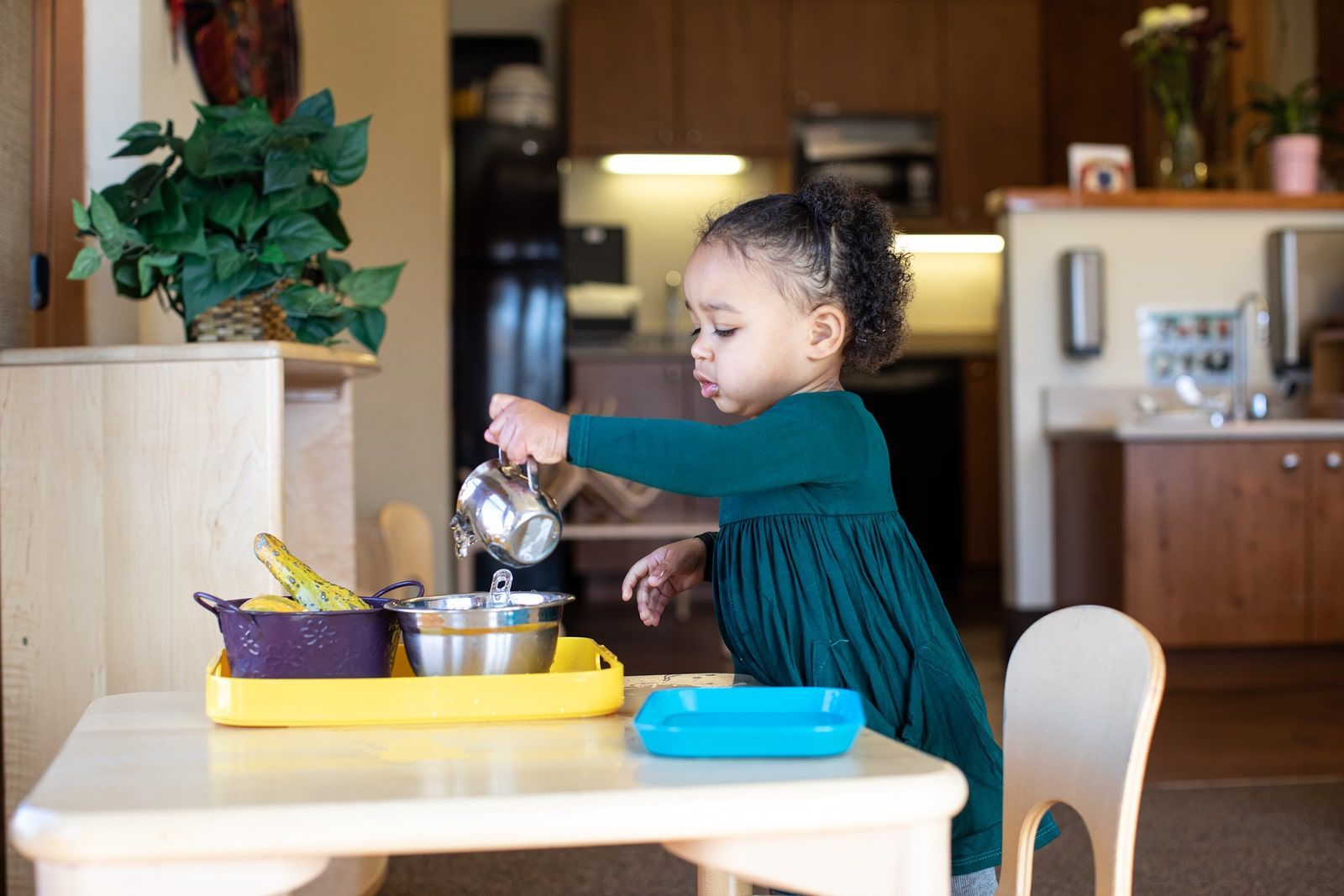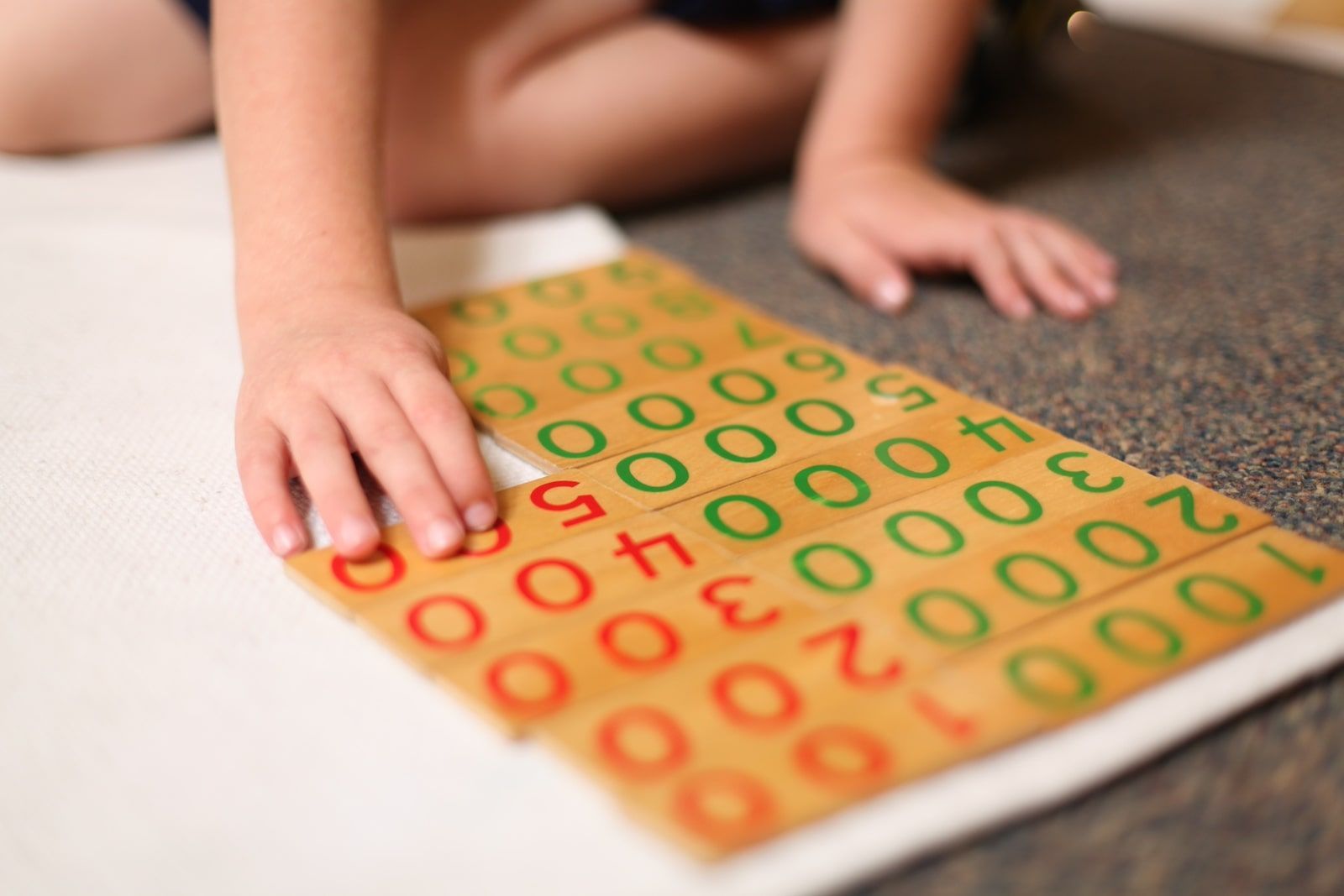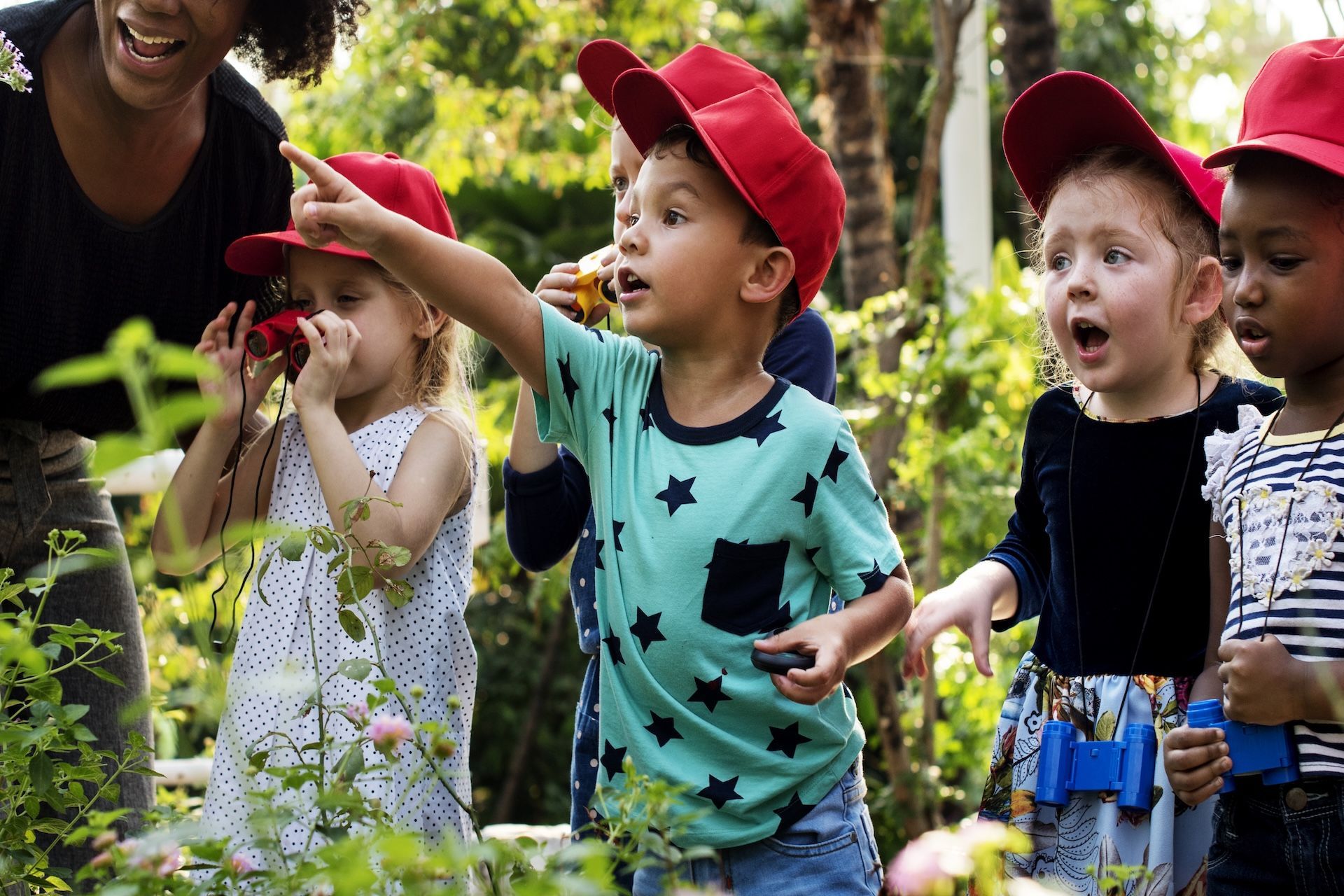Children and the News

It seems like this is as good a time as any to talk about how our children interact with the news. The news simply wasn’t designed with children in mind, and although it is certainly an important part of our lives, we have to remember how it may affect our kids. We hope this guide will give you some helpful tips.
Potential Problems
Before we jump into the problems, we would like to stop and acknowledge how important the news is. As adults, it is part of our civic duty to stay informed of current events. To be active and engaged citizens, we must know what is going on in our local, national, and global communities. The work of journalists is a noble pursuit, and we are grateful to the people who work hard to bring us information.
With all that said, not all news is created equal, and most news is not meant for all ages. The news we see and hear is increasingly sensationalized, and it can be hard to know what sources to trust. The way news is reported can often give us a skewed version of reality.
Would you have guessed, for example, that crime in the United States (including violent crime) has significantly decreased greatly over the past 25 years?
Conversely, crime reporting has increased significantly and become much more detailed. This gives us the sense that we live in a much more dangerous world than we actually do.
Whether we have the television on, the radio in the car, we read the news on our devices, or just chatting about events with our partners over dinner, our children are often there. They may see or hear things that are confusing or even frightening. Sometimes we may not even notice or think much about it, but too much exposure to the news, particularly in younger children, can lead to misunderstanding, fears, and anxiety.
So, what can we do?
Young Children (under 7 or 8)
Very young children really do not need to be exposed to the news for the most part. As a parent, you know your child best, however, and while some sensitive 8-year-olds still fall into this category, some kids a year or two younger may fare better.
When our children are little, we can try to save the news for when they are not in the room. Make sure to set aside some time for yourself (easier said than done, we know!) to read the newspaper or check your phone for headlines. If you watch the news on tv, you could do so after your kids are in bed for the night.
One important note: there may be news information you want to share with your children, including news that is not always pleasant. This may include events that will affect them or people in your family, or issues surrounding social justice that factor into values you share as a family. The best way to share this information is to talk about it together. This way you can personally deliver the information in a developmentally-appropriate manner, while also being there for any discussions that may arise.
School-Aged Children
As children get a bit older, they’re more likely to be present for the news, and they’re also likely to hear about big events from their peers. Consider a three-tiered approach:
- Limit
- Together
- Discuss
Limit the amount of exposure kids have to the news. They don’t need to watch a full hour of coverage, nor do they need to watch particularly violent and/or graphic reporting. It’s a good idea for them to start learning about their world, but start small.
When they are watching, reading, or listening to the news, try to ensure you are there with them. This is important to make sure they aren’t learning about topics they may not be ready for, as well as making sure their sources are trustworthy. Consider your child’s internet access and what they may come across independently. It may be worthwhile to install some parental controls.
Talk about the news together. Ask them how a particular segment made them feel, whether they have any questions, or if they understood what is happening. They may not want to talk much, but starting these conversations is important and will let them know you’re there for the times they do want to process the news with you.
Adolescents
Teens will be getting quite a bit of information independently of their families, whether that be from their friends at school or their own electronic devices. Our biggest job as adults? Checking in.
One of the greatest joys of parenting a teenager is that they are able to have in-depth conversations about more mature topics. They will likely be interested in at least some elements of the news. They will be forming their own opinions. This means you will have so much to talk about!
As with younger kids, we do want to make sure adolescents are learning what to look for in a trusted news source, and how to recognize sources that may not be valid. We also want to make sure the information they may be hearing from friends is accurate. Oftentimes teens hear sensationalized news from their friends, which can lead to lots of misconceptions. We can help them by checking in and asking whether they’ve heard anything about a particular topic, then filling them in on any facts they may be missing.
For more helpful information and suggestions, visit:

